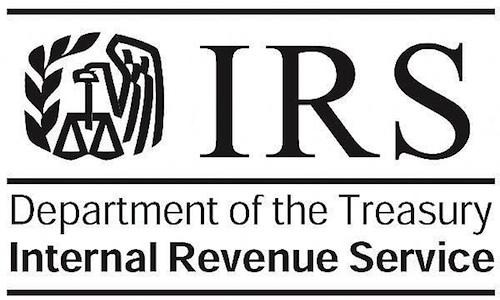What 'social welfare' nonprofits are trying to influence NC elections?

The recent media scandal over revelations that the Internal Revenue Service targeted conservative groups has sparked debate about how groups spend money to influence politics -- and breakdowns in how the government tries to regulate them.
The Supreme Court's Citizens United decision in 2010, which loosened rules on how businesses, unions and other associations can spend on elections, gave rise to one increasingly popular vehicle for politics, and object of the IRS investigations: 501(c)(4) election-spending nonprofits.
Named for their section of the nonprofit tax code, 501(c)(4)'s are so-called "social welfare" nonprofits, which can be involved in elections as long as it's not their primary activity. They also don't have to disclose their donors, which has earned them the label of "dark money" political groups.
The role of national 501(c)(4)'s like Karl Rove's CrossroadsGPS and the Koch brothers' Americans for Prosperity in federal races have garnered widespread media attention. But the role of 501(c)(4)'s in state-level politics hasn't received as much coverage, despite their growing influence at the state level.
In North Carolina, for example, at least six 501(c)(4) groups spent money to influence state-level elections in 2012. Together, these groups spent nearly $900,000 on state races. That's a small fraction of the more than $14 million total that outside groups -- including 527's, super PACs and other organizations -- spent on state-level races last year, but since the money was targeted in a handful of races, it was still significant.
By far the biggest spender was Americans for Prosperity, which pumped more than $460,000 benefiting state legislative candidates, as well as spending on behalf of Gov. Pat McCrory and conservative Supreme Court Justice Paul Newby. A leading backer of Americans for Prosperity is Republican mega-donor Art Pope, who until recently was a member of AFP's national board of directors.
Altogether, 64 percent of the 501(c)(4) election spending in North Carolina state races last year flowed from conservative/Republican-leaning groups, and 36 percent came from progressive/Democratic-leaning ones.
The following chart offers a breakdown of the state-level 501(c)(4) spending in North Carolina in 2012, as compiled by the Institute's FollowNCMoney.org project:

Tags
Chris Kromm
Chris Kromm is executive director of the Institute for Southern Studies and publisher of the Institute's online magazine, Facing South.
